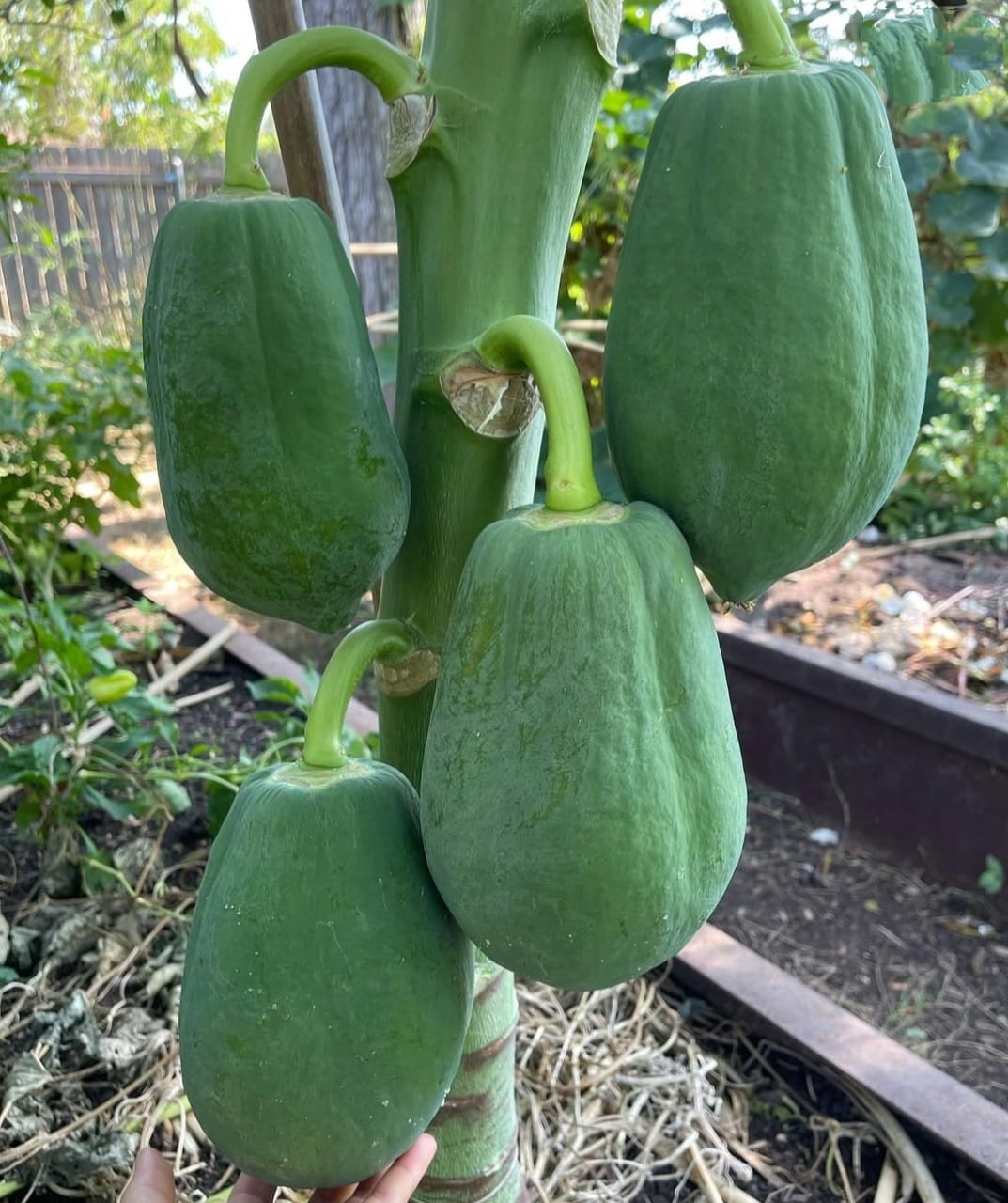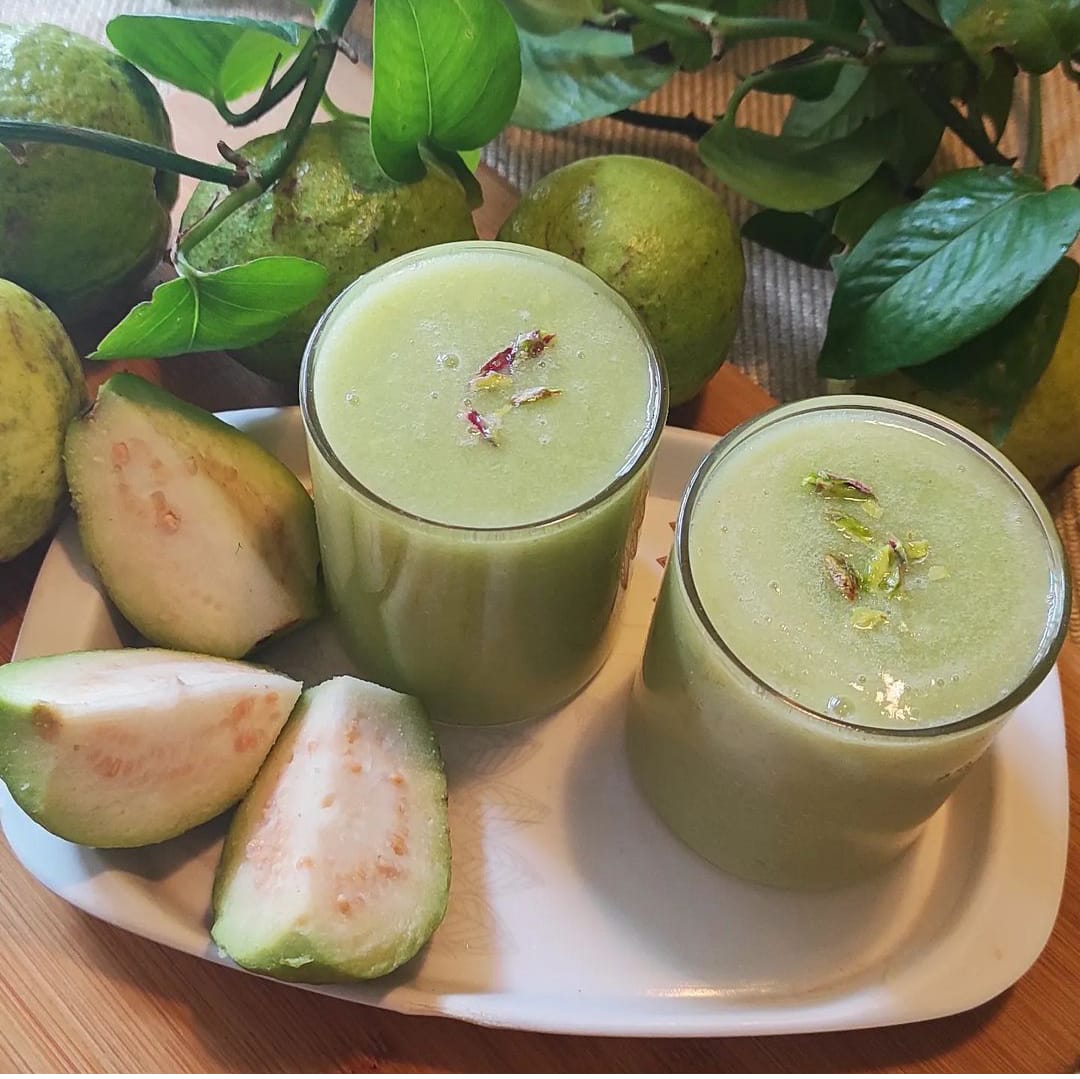Table of Contents
Amla Juice
This juice is a nutritious beverage made from the fruit of the Indian gooseberry-Emblica officinalis. The juice has been used for many years in Ayurvedic treatment because of its huge health benefits. Here’s detailed information:
What Is Amla Juice?
Original Source:
Fruit: Sour in taste and a small green fruit highly endowed with vitamins, the Indian gooseberry is the fruit used in making the juice.
Preparation consists of cleaning the extracted fruit and probably some mixing; the juice is then squeezed out through pressing. It may also undergo treatment with other components to enhance flavor or effectiveness.
Nutritional Profile:
Vitamin C: It is one of the richest natural sources of this antioxidant, which again promotes skin health, immunity, and general vitality.
Antioxidants: Other than vitamin C, amla also contains flavonoids and polyphenols, two varieties of antioxidants that help in the protection of cells from free radical damage.
Minerals: Calcium, potassium, iron, magnesium, and other necessary minerals all form part of the juice.
Fiber: Some amount of fiber for digestion may be contained in the juice itself.
Amla Juice Benefits
Immune System: The high content of vitamin C helps the body in fending off infections.
Digestive Health: The laxative effects of the juice help with digestion, gut health, and constipation.
Skin Health: Antioxidants and vitamin C help in wound healing, lessening signs of aging, and imparting healthy skin.
Hair Health: Traditionally, amla has been administered to stimulate new hair growth, reduce dandruff, and give strength to existing hair.
Anti-Inflammatory: The anti-inflammatory action helps the body take care of inflammation and will help in relieving ailments such as arthritis.
Blood Sugar Control: Some research evidences that amla might be of use in balancing blood sugar levels and hence over all improving metabolic health.

Benefits of Drinking Amla Juice in Empty Stomach
Because the nutrients of the juice is more easily absorbed when consumed on an empty stomach, there are additional advantages of it. Here are a few possible benefits:
1. Improved Digestion.
2. Boosted Metabolism.
3. Detoxification.
4. Enhanced Immune Function:
5. Blood Sugar Regulation.
6. Improved Skin Health.
7. Increased Energy Levels.
8. Anti-Inflammatory Effects.
9. Enhanced Hair Health.
Consumption:
Raw Juice: Usually taken straight or diluted with water. Sometimes added with lemon or honey for taste.
Smoothies: Fortify smoothies and other health drinks with extra nutrition. Additional forms may be in supplement form, often available as a tablet or in capsule form, for convenience. 5. Dosage
Dosage Recommended: The usual dosage has been 1-2 tablespoons of the the juice diluted with water once or twice daily. However, these recommendations tend to be very general, and one needs to pay attention to particular requirements that might arise and take into consideration individual advice from a healthcare practitioner.
Possible Side Effects: Taken by most people without problems; in large amounts, though, it might lead to instances of acid reflux or stomach ache for some individuals.
Interactions: Will have an adverse interaction with many medicines, like anticoagulants and medications for diabetes. If you are on any medication or have any specific ailments regarding health, consult your physician.
Storage:
Freshness: This juice which is not refrigerated must be consumed in weeks, and it has to be kept in a cool and dark place.
Preservatives: The commercial juice contains preservatives to extend the shelf life. If you are concerned about the additives, then check the label.
How to make Amla Juice
Do It Yourself: You can also prepare the juice yourself by crushing fresh fruits of amla with water and straining it, after which you store the juice in a clean container.
This juice is one of the nutrient-filled beverages made out of the Indian gooseberry, known for its enormous advantages in health and high concentration of vitamin C. Its major benefits involve digestion, immunity, skin health, among others. Precautions also need to be taken regarding overdoses, however, and sensitivity to some medical conditions.
Amla Juice for Hair
This juice is highly rich in its nutritive value, and for this reason, it is considered by many to be beneficial for the health of one’s hair. An explanation in detail follows regarding the benefits of amla juice concerning hair health and the proper usage of the same.
Amla Juice Benefits for Hair:
Strengthens Hair
Rich in elements: This juice is rich in antioxidants, vitamin C, and other vital elements considered important in strengthening hair follicles, which thereby reduces hair breakage.
Hair Growth
Improves Circulation: The improvement of scalp blood flow due to the various components in the juice will result in faster and full growth of hair.
Dandruff:
Anti-Fungal Properties: Inflammation of dandruff and other scalp conditions can be reduced by the anti-fungal and antibacterial properties present naturally in the amla juice.
Delays Graying Prematurely:
Antioxidants: A great amount of antioxidants in amla juice can help fight off the oxidative stress, hence delaying graying of hair prematurely. 5. Imparts Shine and Color to Hair:
Natural Shine: The extract of the amla juice will help improve the overall character of your hair and provide them with natural shine if used regularly.
Scalp Oil Balance:
Oil Production: Amla juice helps the scalp not to get too dry or too oily by maintaining the production of oil at an appropriate level
FAQS
What are the benefits of drinking amla juice?
High in Vitamin C: Vitamin C is contained in plenty in amla juice owing to its properties of being an immunoenhancer and antioxidant.
Improves digestion: It is able to reduce constipation and some digestive disorders.
Healthy Skin: It encourages it through antioxidants and the presence of vitamin C, improving skin condition by reducing signs of aging.
Strengthens Hair: Amla is also used for strengthening hair and promoting hair growth.
Enhances metabolic rate: It can be helpful in weight management and metabolic health.
Body Detoxification: It helps in improving general body functions and helps in liver detoxification.
Are there any side effects of amla juice?
Acidity: The high amount of vitamin C in it may invite heartburn or acidity in some individuals.
Gastric Problems: Too much overindulgence invites gastric problems.
Interactions with Medications: Consult your physician for possible interactions if you are taking any medicine.
Where can I buy amla juice?
Health Food Stores: Amla juice is widely available in many supermarkets and health food stores.
Online: A number of stores offer it for a considerable amount of money.
Conventional Ayurveda shops may be the place from which you may find amla juice, especially around the areas of this practice.
Can I drink amla juice during pregnancy?
Speak with a Doctor: To be sure amla juice is safe for your particular circumstances during pregnancy it is best to speak with a healthcare professional before taking it.
Is amla juice safe for children?
Age and Dosage: Children may benefit from amla juice, but it’s crucial to give it in moderation and seek advice from a pediatrician.
Related Posts: Apple Juice is good for you, 10 Health benefits of Apple Juice
Celery Juice: What are the 10 benefits of Celery Juice?How to make Celery Juice
Guava Juice Benefits for Good Health: 7 Benefits for Skin, Advantages of Guava Juice

Ankush Kumar is a professional content writer and the founder of Healthnick.com. He is a health and wellness enthusiast with a deep interest in nutrition, fitness and holistic living. Harish is committed to delivering research-based insights on various health topics. He enjoys exploring new trends in health, experimenting with nutritious recipes, and staying active.







1 thought on “6 Amazing Health Benefits of Amla Juice for Skin, Hair Growth & Drinking it empty Stomach”